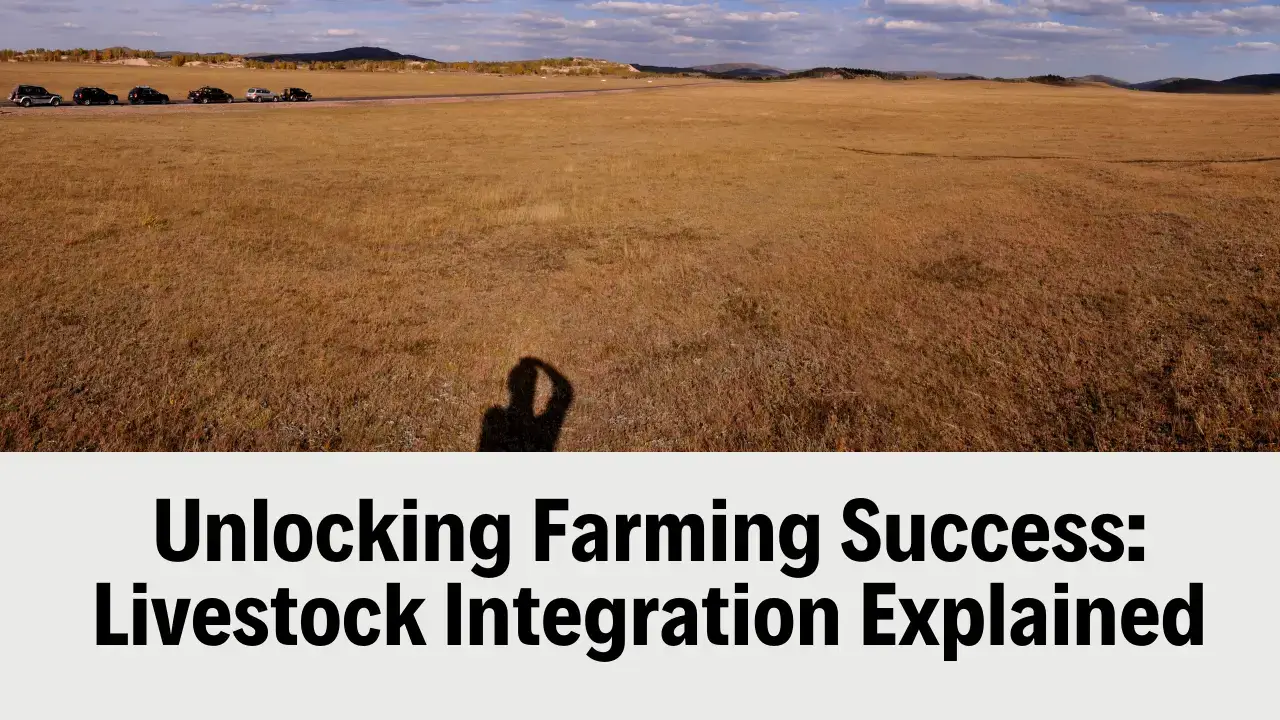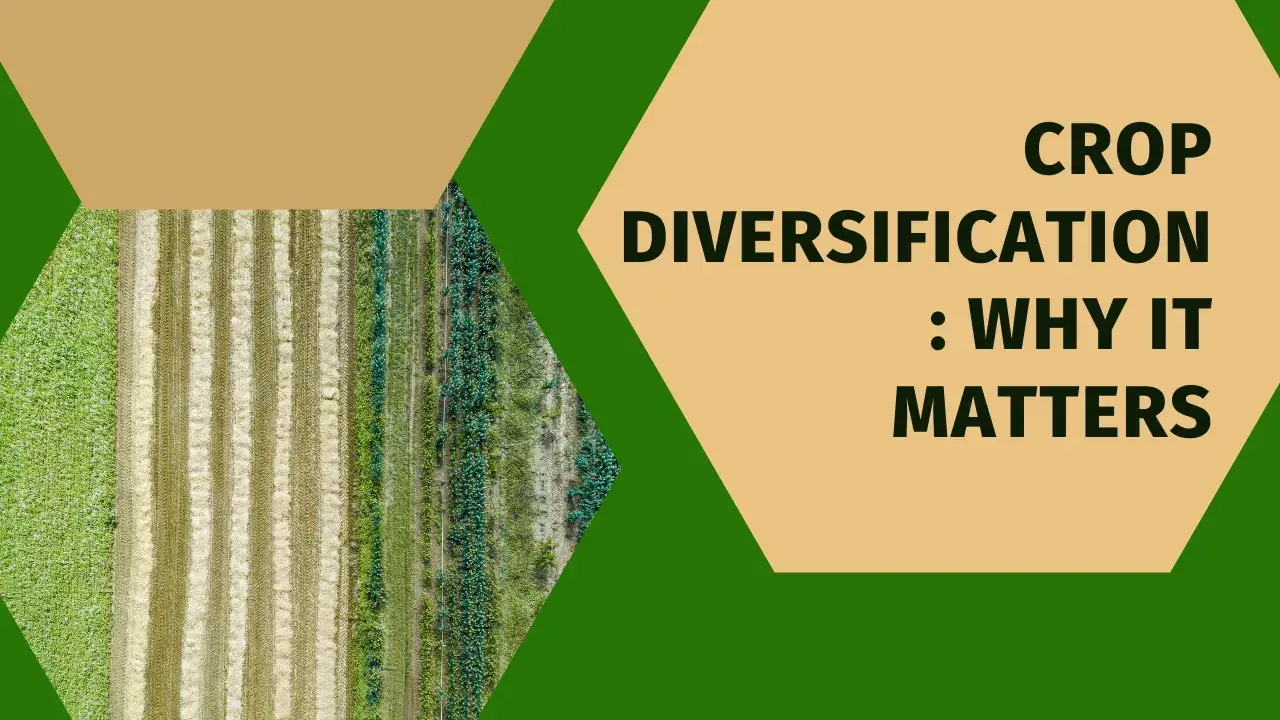Introduction
In the dynamic realm of agriculture, managing risks is a pivotal aspect that directly influences the livelihoods of farmers. Risk management in agriculture involves adopting strategies to mitigate uncertainties and fluctuations in factors like weather, market conditions, and crop outcomes.
Weather Insurance
Understanding the intrinsic connection between weather and agriculture is crucial. Weather insurance provides a safety net for farmers against unpredictable weather events such as droughts, floods, or storms. This section will delve into the benefits of weather insurance and the various types available, ensuring farmers have a robust shield against the whims of nature.
Crop Diversification
The age-old adage “Don’t put all your eggs in one basket” holds true in agriculture as well. Crop diversification involves cultivating a variety of crops, reducing the risk associated with dependence on a single crop. We’ll explore the concept, advantages, and practical strategies for farmers to implement effective crop diversification.
Market Hedging Strategies
Market risks pose another challenge for farmers. Market hedging strategies offer a proactive approach to mitigate risks associated with price fluctuations and market uncertainties. This section will introduce market hedging, outlining popular strategies that empower farmers to navigate the volatile agricultural market successfully.
Integrated Risk Management
While each strategy has its merits, the synergy of various risk management approaches can be a game-changer. This section will emphasize the significance of integrating different risk management strategies, citing case studies that showcase the success of a comprehensive approach.
Technology and Risk Management
Advancements in technology have revolutionized agriculture. This section will explore how technology plays a pivotal role in modernizing risk management, introducing emerging technologies that assist farmers in mitigating and managing risks effectively.
Government Initiatives
Governments worldwide recognize the importance of supporting farmers in risk management. This section will provide insights into government programs and initiatives aimed at bolstering agricultural resilience. An analysis of the effectiveness of these initiatives will be discussed.
Challenges in Implementing Risk Management
Implementing risk management strategies is not without challenges. This section will identify common challenges faced by farmers and propose practical solutions to overcome these hurdles, ensuring effective risk management on the ground.
Success Stories
Nothing speaks louder than success stories. This section will showcase examples of farmers who have successfully implemented risk management strategies, sharing the lessons learned and inspiring others to embark on a similar path.
Educational Outreach
Education is a powerful tool. This section will highlight the importance of educating farmers on risk management, discussing initiatives and programs aimed at providing farmers with the knowledge and skills needed to navigate uncertainties.
Future Trends
The agricultural landscape is ever-evolving. This section will offer predictions and forecasts regarding future trends in agricultural risk management, providing insights into anticipated developments in technology, policies, and practices.
Environmental Impact
Every action in agriculture has consequences. This section will examine the environmental impact of agricultural risk management strategies, emphasizing the importance of adopting sustainable practices to ensure a harmonious coexistence with nature.
Global Perspectives
A comparative analysis of risk management strategies on a global scale offers valuable insights. This section will explore practices worldwide, extracting lessons that can be applied universally to enhance agricultural resilience.
Conclusion
In conclusion, effective risk management in agriculture is not a luxury but a necessity. Farmers equipped with the right strategies can navigate uncertainties, ensuring the sustainability of their livelihoods. Embracing a proactive approach, integrating different strategies, and staying abreast of technological advancements are keys to success in agricultural risk management.







